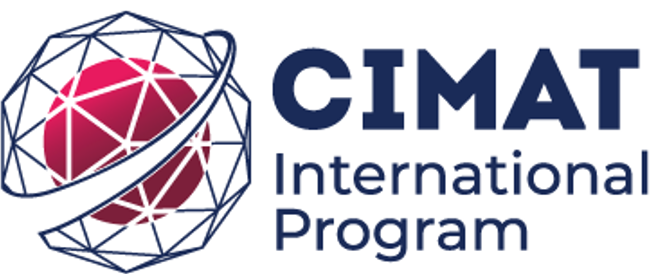| COURSE DESCRIPTION |
|
This course is intended to serve as a formal introduction to the theory of functions of a single complex variable, enhancing its analytical and geometrical properties with the use of the computer. Complex variables have influenced a wide range of fields in science and in mathematics: from its applications to engineering, physics and quantum field theory, to helping the development of number theory, dynamical systems and algebraic geometry. This course aims to explain some of the main results for functions of a complex variable while providing sufficient mathematical background to understand computer experiments with conformal maps and iteration of complex polynomials. Visualization of complex functions and their properties will be foster throughout the semester, these computer interactions are directed towards the main application of this course, the exploration of complex dynamical systems. Prerequisites In addition to the common requirements, students are expected to be proficient in algebra of complex numbers, sequences and series of numbers and functions, convergence tests, uniform and pointwise convergence. Experience with topology of metric spaces will be helpful, but not expected. Computer experiments will require some proficiency with Python. Students new to this language are recommended to participate in the workshop on computational tools for modeling. |
| COURSE GOALS |
|
During the course, students will:
|
| COURSE CONTENT |
|
1. Complex plane and elementary functions (1 week) Complex numbers, representations of complex numbers, stereographic projection, exponential and logarithm, powers and roots, phase visualization. 2. Complex derivative (3 weeks) Derivative of a complex function, Cauchy-Riemann equations and holomorphic functions, inverse mapping theorem and the Jacobian, harmonic functions and conjugates, conformal maps and fractional linear transformations. Computer experiments. 3. Complex integration (4 weeks) Multi-calculus review, line integrals and Green’s Theorem. Fundamental Theorem of Calculus for holomorphic functions, Cauchy Theorem, Cauchy Integration Formula, Liouville’s Theorem, Morera’s Theorem and maximum modulus principle. 4. Power series and residues (4 weeks) Sequences and series of functions. Power series and analytic functions. Power series as holomorphic functions. Meromorphic functions, Laurent series and isolated singularities. Residue Theorem and computation of integrals using residues. 5. Normal families and iteration of polynomials (2 weeks) Uniform and normal convergence of sequences. Fatou and Julia sets for iterated polynomials. The Mandelbrot set and computer experiments. Bibliography
Support Sessions Two hours per week with a teaching assistant Grading Two midterm exams (30% each) and weekly homework assignments from which, the best ten assignments will be considered to obtain the remaining 40% of your final grade |


